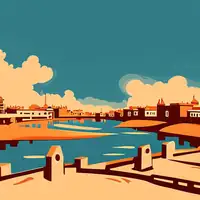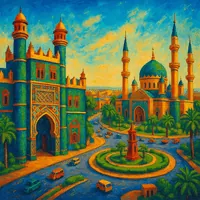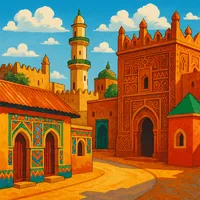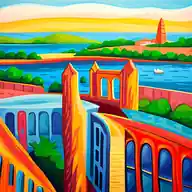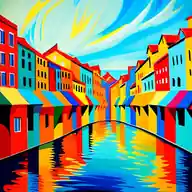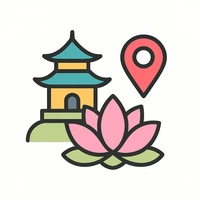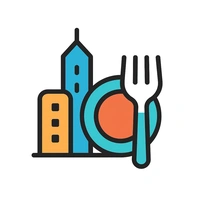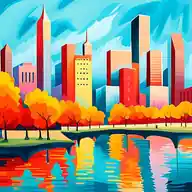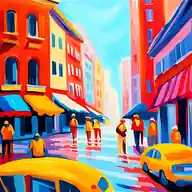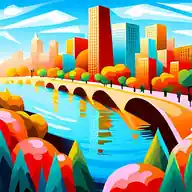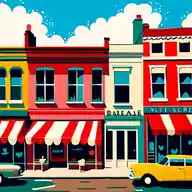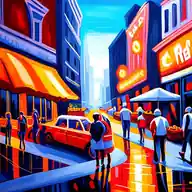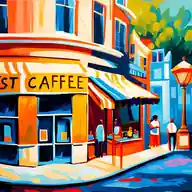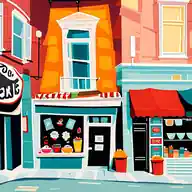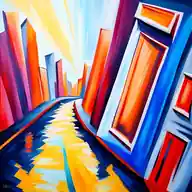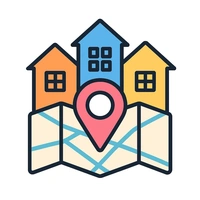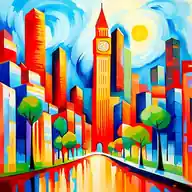Kano, Nigeria, stands as a vibrant tapestry of history and culture, uniquely distinguished by its ancient city walls, originally constructed to protect against invasions. This historic city, cradled in the Sahelian savanna, is renowned for its centuries-old Kurmi Market, one of Africa's largest and oldest traditional markets, bursting with vivid textiles and crafts. Kano is also famous for its indigo dye pits, a testament to its rich tradition in textile dyeing, echoing tales of skill passed down through generations.

Destinations

Travel Tips & Planning

General City Overview
Notable points about Kano
- Historical Significance: Kano is one of Nigeria's oldest and most historically rich cities, with origins dating back over a thousand years. Its ancient city wall, the Kano City Wall, and the Great Mosque of Kano are notable landmarks that offer a glimpse into the region's Islamic heritage and architectural brilliance.
- Economic Hub: As a major commercial and industrial center in Nigeria, Kano boasts the largest textile industry in the country. The city's vibrant markets, particularly the Kurmi Market, provide a lively atmosphere for both traders and shoppers seeking everything from local crafts to modern goods.
- Cultural Melting Pot: Kano is a cultural crossroad that draws from a blend of Hausa, Fulani, and other ethnic influences. This diversity is evident in its music, festivals, and traditional art forms, which attract enthusiasts from around the world.
- Educational Center: Known for its educational institutions, Kano is home to Bayero University, one of Nigeria's prominent universities. This attracts a youthful demographic of students, making it a dynamic and intellectually stimulating environment.
- Unique Cuisine: Food lovers can indulge in the city's rich culinary scene, dominated by Hausa specialties like Tuwon Shinkafa and Suya, offering a unique taste of Northern Nigerian flavors.
- Different from Other Nigerian Cities: Unlike many other Nigerian cities, Kano retains a distinctive Northern Nigerian identity, with a prevalence of Hausa and Fulani customs, architecture, and language that sets it apart from southern metropolitan areas like Lagos and Port Harcourt.
- Tourist Attractions for Families: For families, Kano offers a range of attractions such as the Gidan Makama Museum, which provides educational tours showcasing the history and culture of Kano, as well as spacious parks for family outings.
- Romantic Getaway: Couples can explore the hidden gems of Kano such as the serene Dala Hill, which offers breathtaking views of the city, making it a perfect spot for a romantic sunset picnic or a leisurely walk.
- Appeal for Singles: The city has a vibrant nightlife for singles, with numerous local venues and events offering music, dance, and socializing opportunities, providing a rich social scene.
- Appeal to Seniors: Kano offers a slower-paced lifestyle appealing to older demographics, with opportunities to immerse themselves in the tranquil suburban areas or engage in cultural activities and local trade practices that offer a hands-on way to experience traditional life.
Summarized User Reviews
The Kurmi Market felt like a time machine—smells, colors, and sounds I won’t forget. Bargaining is half the fun.
Traffic is chaotic and the heat doesn’t play, but the grilled suya by the roadside was worth every drop of sweat.
Durbar during Sallah was like a living painting—majestic horses, drumming, and royalty. Genuinely mesmerizing.
I came for history, but found it hard to navigate as a first-time visitor. Still, the Emir's Palace is stunning.
The city’s rhythm is different—busy but grounded. Watching artisans at the dye pits was humbling and beautiful.
Interactive Word Cloud for Kano

